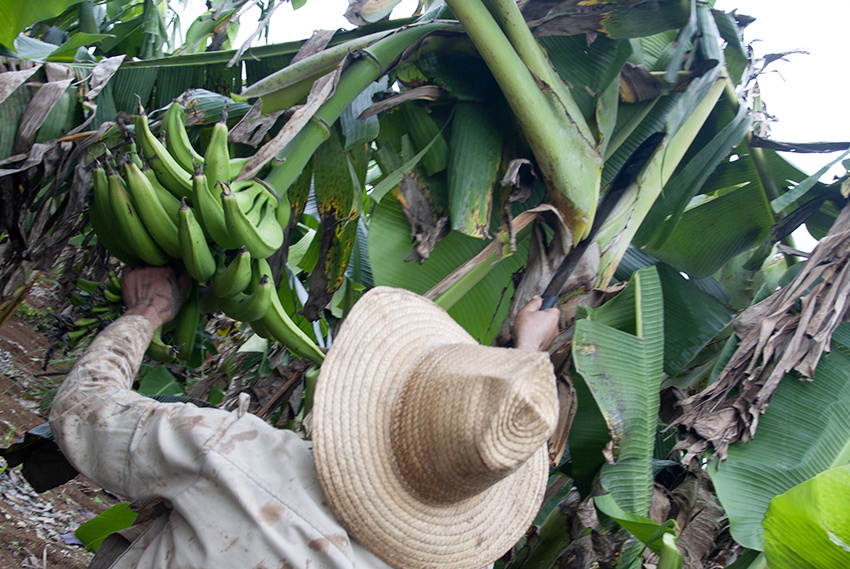
The province of Las Tunas gradually returns to normal, immersed in the initial phase of the first stage of post-COVID-19 recovery; and for the agricultural sector, their routines change very little since, before the start of the pandemic, they had a huge challenge: increasing food production.
It is said easy, but from words to deeds there is a great distance. And it is that the path is not rose-shaped, either for the cultivation of different species or for the raising of livestock, because chemical fertilizers and fuel are not enough for the preparation of the land and also some resources for herbs are lacking, like feed and medications.
In the eight municipalities of Las Tunas, peasants and state workers continue planting diverse crops, especially viands, ideal for satisfying appetite, especially at the moment when the country is having difficulty importing rice due to the international health crisis and the intensification of the US blockade against Cuba.
The production units also prioritize the short cycle species such as vegetables and grains, because, after the large damages caused by the Megalurothrips usitatus (bean trip), it was decided that Las Tunas, together with Holguín, would guarantee the seed the country needs for new plantations.
At the same time that some 17,946 hectares are planted, as part of the spring campaign, they undertake other actions to multiply the crops, because in the absence of fertilizers, pesticides and chemical fertilizers, it is assumed that there will be fewer yields than in normal circumstances.
The consolidation of the usual exportable items such as honey, charcoal and tobacco, and the search for other possibilities of sale abroad are also part of the work of the agricultural sector, together with the substitution of food imports; among them, milk, meats, grains and fruits.
In the current period, the investments made in the José Mastrapa base business unit to multiply egg production, the assembly of two silos in the rice area of Camagüeycito, the construction of the cannery in the municipality of Jobabo and the plant for the processing, drying and packing of grains, with a capacity of 60 tons of beans and corn each day.
Other important challenges are in guaranteeing animal feed for the season of intense drought, completing the idle beds in Urban Agriculture and strengthening the work of the Collection Company so that there are no losses of agricultural assortments and that payment to state or private producers is done in the established time.
In addition, it is required to apply agroecological practices for soil improvement, crop diversification, optimal use of resources, the consolidation of productive poles and monitoring of all factors so that crops have a safe destination that do not allow for illegal actions.
Teleworking and distance work are maintained in the different entities, as well as physical distancing in certain activities such as tobacco production for national consumption and export.




